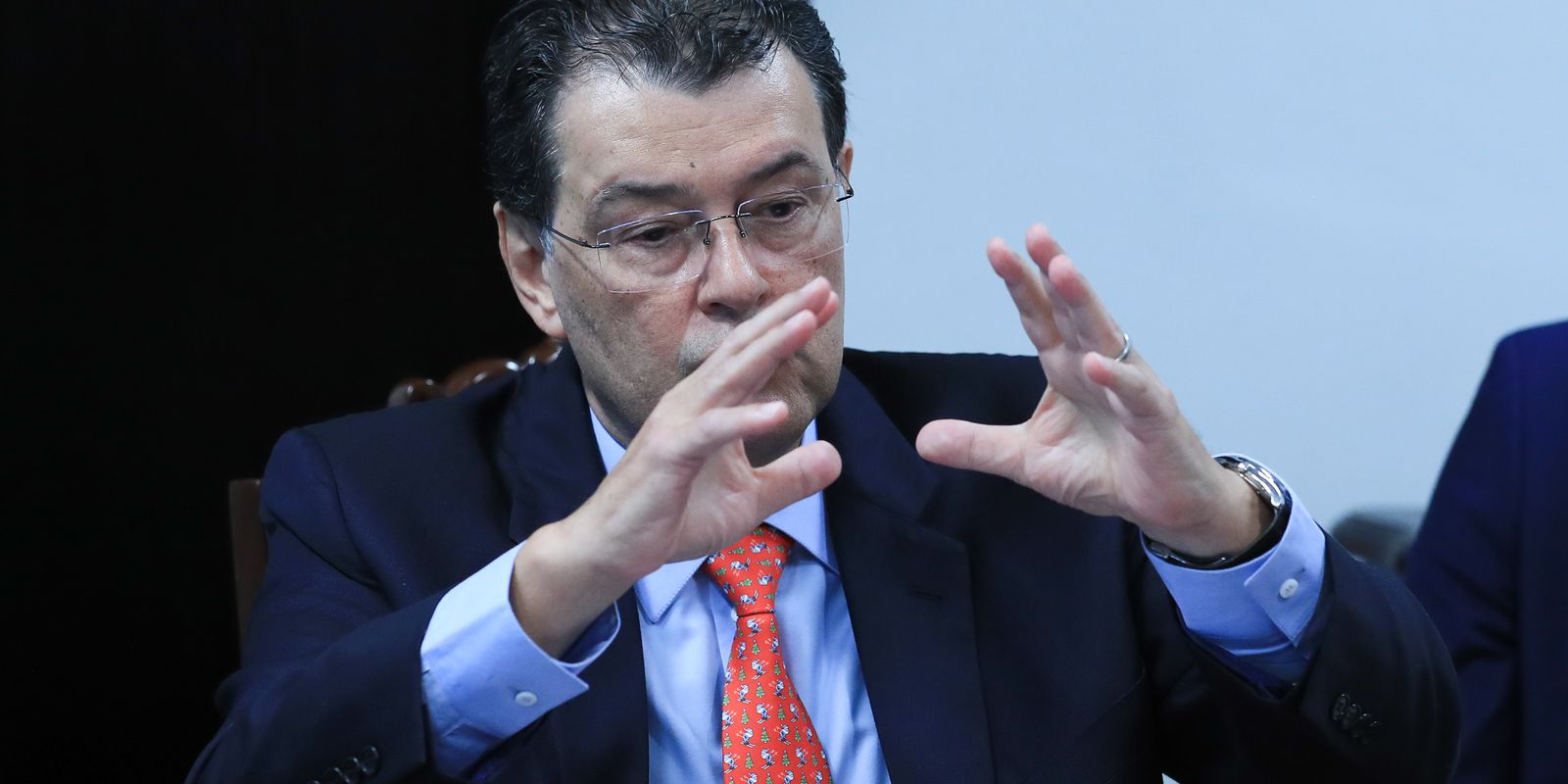Medicines for the treatment of cancer and rare diseases will have a zero tax rate on consumption, according to the opinion of the complementary bill that regulates tax reform, presented this Monday (9) at the Constitution and Justice Commission (CCJ) of the Senate.
The rapporteur of the text, senator Eduardo Braga (MDB-AM), changed the way in which taxes for essential medicines are eliminated. The version approved by the Chamber of Deputies provided for exemption according to a list of active ingredients. The opinion replaced the list with groups of diseases.
According to the report filed this Monday with the CCJ, the text established a zero rate for the following groups of medicines: oncological treatments; sexually transmitted diseases (STD) and AIDS (terms used in the document); rare diseases; and neglected diseases. The text defines neglected diseases as those that affect the low-income population.
The report also zeroed the Value Added Tax (VAT) rates on the purchase of medicines by direct public administration, by local authorities and by public foundations or entities that provide services to the Unified Health System (SUS). The benefit, however, only applies to medicines registered with the National Health Surveillance Agency (Anvisa).
The zero rate also covers medicines provided by the Popular Pharmacy Program, compositions for enteral and parenteral nutrition, vaccines and serums. The report defines that, in cases of public health emergencies, the inclusion of medicines on the reduced or zeroed rate list may be done by a joint act of the Minister of Finance and the Goods and Services Tax Management Committee (IBS).
The opinion also expanded the list of medicines and health products with a tax rate reduced by 60%. The items of home careused in home treatments for chronic, mobility or terminal illnesses. The text also included sterilization and surgical instrumentation services in the reduced rate list.
Cashback
Regarding the cashback (partial or total tax refund for poorer populations), the report expanded the types of services in the mechanism. Braga included telecommunications services, such as internet and telephone services in the reimbursement system for families registered in the Federal Government’s Single Registry for Social Programs (CadÚnico).
The project approved by the Chamber established a refund of 100% of the Contribution on Goods and Services (CBS) and at least 20% of the Tax on Goods and Services (IBS, state and municipal tax) for the purchase of a 13-kilogram gas cylinder. The text established reimbursement of 100% of CBS and at least 20% of IBS for electricity, water and sewage and piped gas bills; and a minimum return of 20% of CBS and IBS on other products.
The rapporteur made an adjustment to the text to clarify that the cashback This applies to the purchase of gas cylinders weighing up to 13 kilos, not just the exact weight. Braga, however, did not include families with a per capita income of up to one minimum wage in the return mechanism as he considered that there would be a major impact on the Budget.
Presented this Monday. The opinion, which received 1,998 suggested amendments, will be read by the Senate Constitution and Justice Committee (CCJ) this Tuesday (10), and will be voted on by the committee on Wednesday (11). If the vote takes place early, the Senate plenary can discuss and vote on the project on the same day.














